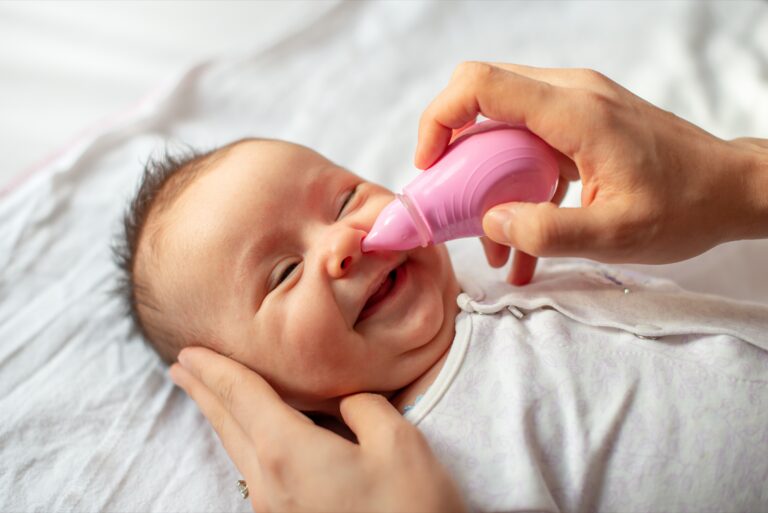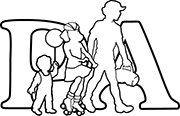I included the picture above because I was hoping it would catch your attention and maybe allow for a laughter break for weary caregivers attempting nasal suction. What, doesn’t your child squeal with delight when you suction out their nose? All kidding aside, RSV is rampant in our community. Despite the promise of protection for our most vulnerable babies, the Beyfortis RSV shot was never as available as we hoped and has been struck by manufacturing shortages. It is unfortunately not going to be restocked due to supply limitations this season. We are urging pregnant women to talk to their OBs about the vaccine for themselves and strongly consider it as it is the only protection available for newborns as of this time. RSV causes nasal congestion, prolonged cough, and wheezing which does not respond to albuterol or steroids the way other wheezing does. The biggest risk for infants and younger children is having so much trouble breathing that they need oxygen or are unable to stay hydrated. Older children will get a nasty cough that lasts longer than typical viruses. We wish there was a medication to make this better! The main treatments for children outside of the hospital setting are supportive. No, I don’t have a magical pink suction to recommend, but I am a huge fan of the aerosol saline that comes in a metal can. Don’t water board your infant – hold them in an upright position to spray and let gravity do the work and let secretions run out clear. Elevate the head of the bed for infants or use a pillow or two to prop up children over a year at night. Run a humidifier or camp out in a steamy bathroom. Monitor for signs of labored breathing which include nasal flaring, sucking in under or between the ribs, using the neck muscles to catch a breath, and breathing fast. Most of all, hang in there and call if you have concerns.
What's New
What to Know About RSV

